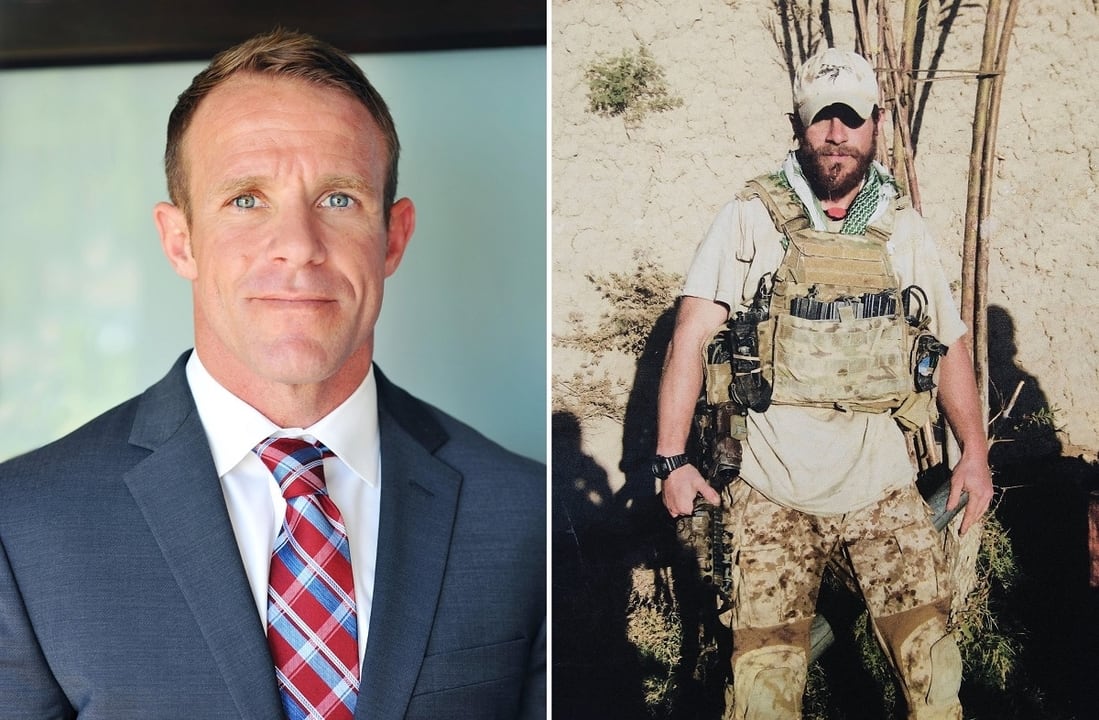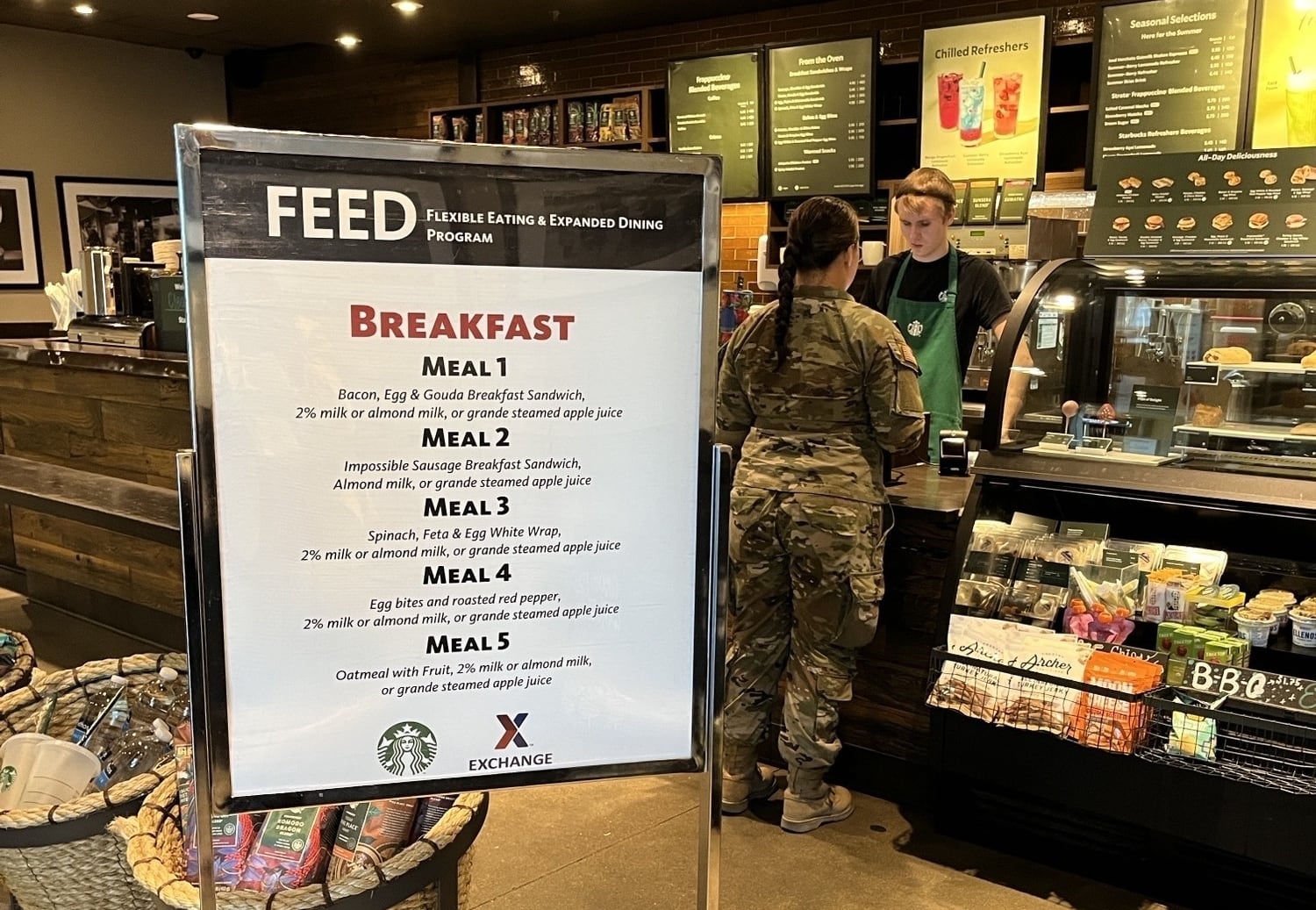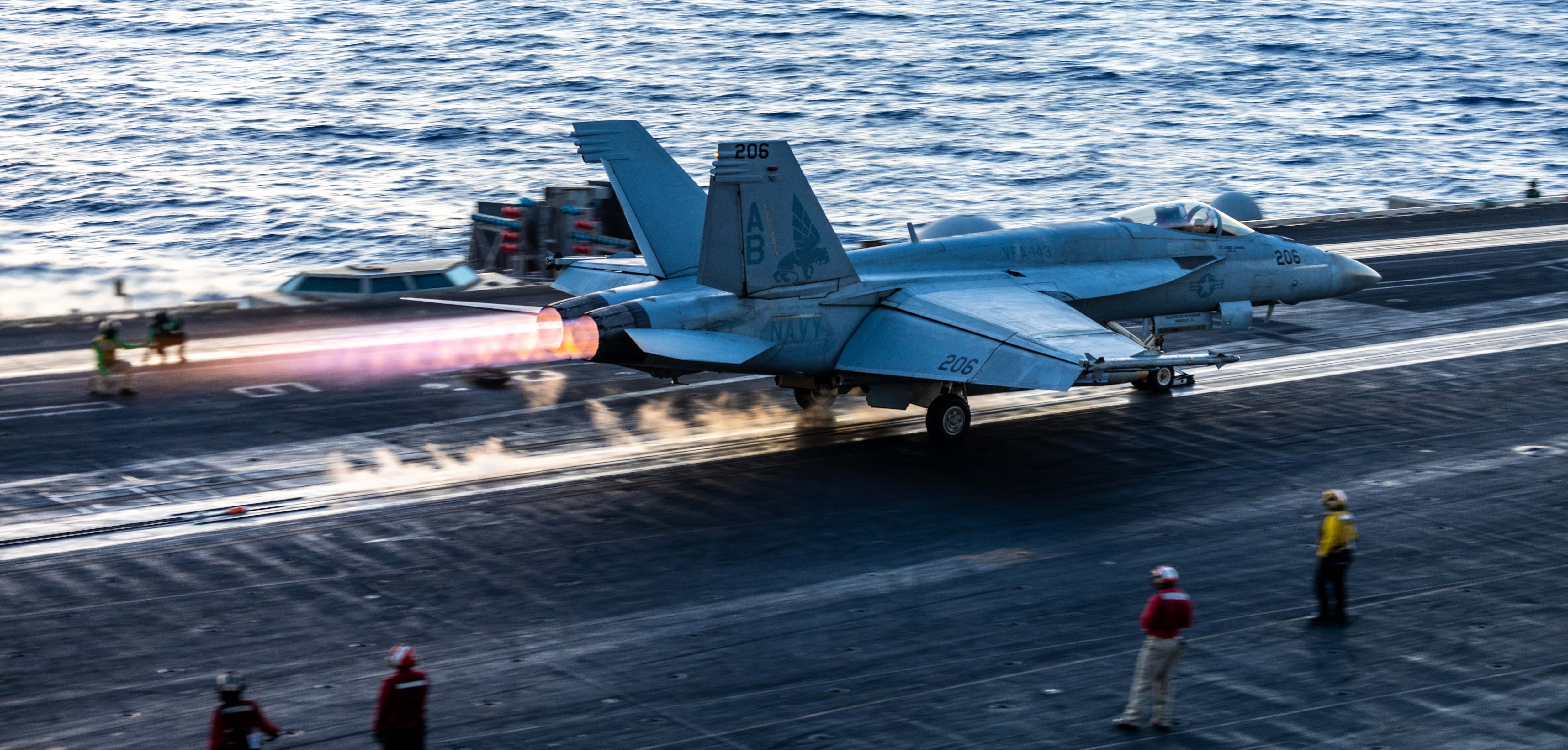Federal authorities have informed a SEAL leader that he’s the target of an ongoing war crimes probe, but critics contend it’s a move by military prosecutors to sideline a key witness for two other sailors facing court-martial trials.
Military prosecutors this week sent a “target letter” to SEAL Lt. Cmdr. Robert Breisch, warning him that they’re probing his alleged involvement in a purported cover up of war crimes committed by a Navy chief.
A tool often found in the kits of U.S. Department of Justice prosecutors, target letters inform citizens that they will be called to testify before a secret federal grand jury exploring their potential wrongdoing.
But the military doesn’t have secret grand juries. Instead, military prosecutors make a case before an investigating officer at what’s called an Article 32 hearing.
The officer hearing the public case sifts through sworn testimony and other evidence and then forward recommendations about potential charges to a flag officer, who can decided to convene a court-martial or not.
Navy Times talked to six prominent defense attorneys and they’d never heard of a target letter being used inside the criminal justice system of the armed forces.
But its issuance to Breisch — a troop commander at SEAL Team 7 in Iraq in 2017 — was disclosed in a Wednesday evening email sent to Jeremiah J. Sullivan III, the attorney representing SEAL Lt. Jacob X. “Jake” Portier.
The former commanding officer of SEAL Team 7′s Alpha Platoon, Portier awaits court-martial trial at Naval Base San Diego this summer on allegations that he helped to cover up the murder of an Islamic State prisoner of war receiving medical care outside the Iraqi city of Mosul in 2017.
“We sent a target letter to LCDR Breisch,” wrote military prosecutor Cmdr. Christopher Czaplak. “If your client would like to proffer with us and resolve this case at NJP, please let me know soonest.”
Proffers are legal documents that outline what potential witnesses will say on the stand in a court-martial trial in exchange for immunity from prosecution for crimes they also might’ve committed.
RELATED
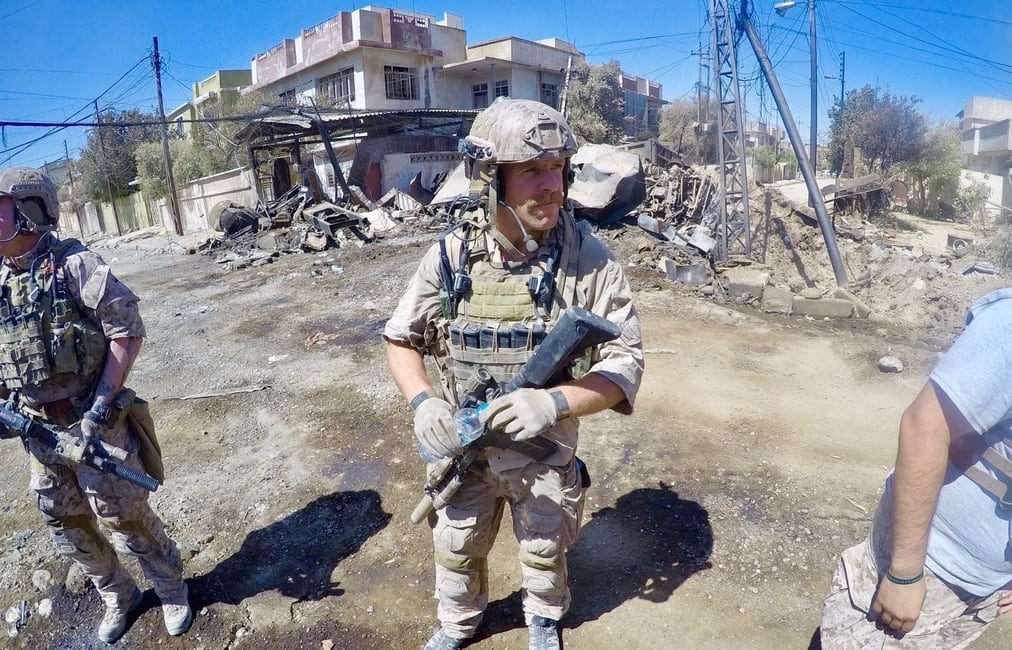
Sullivan has long suspected that military officials charged Portier to force him to roll over on senior SEAL leaders. He has insisted the lieutenant knew nothing about the stabbing homicide allegedly committed by Special Warfare Operator Chief Edward “Eddie” Gallagher — much less a pair of shootings that allegedly struck an elderly Iraqi man and a young girl.
Sullivan contends Portier covered up nothing and was, in fact, the person who first went to superiors about the allegations when they surfaced
In a response, Sullivan asked Czaplak if prosecutors were sending target letters to senior enlisted leaders at Naval Special Warfare Group 1 and SEAL Team 7 who also have been accused of stonewalling an investigation by junior sailors.
He also accepted Czaplak’s offer of administrative non-judicial punishment proceedings in front of Rear Adm. Collin P. Green, the commander of Naval Special Warfare, instead of going to court-martial, but voiced concerns about the prosecution’s motives.
“LT Portier has always been willing to testify truthfully at NJP or trial,” wrote Sullivan. “However, we do not agree to make his NJP contingent upon the quality of his testimony at a proffer.”
Sullivan told Czaplak that Green can hear Portier out and then “make the call on his guilt/innocence.”
After that, Portier will then make himself available for further interviews with federal investigators and even a proffer, Sullivan offered.
Czaplak declined comment when contacted, pointing Navy Times to officials at Navy Region Southwest, the convening authority in both the Gallagher and Portier cases.
“The legal process is ongoing and, in order to ensure the integrity of the proceedings, it is imperative that the Navy decline to comment at this time,” said Region spokesman Jay Delarosa.
RELATED
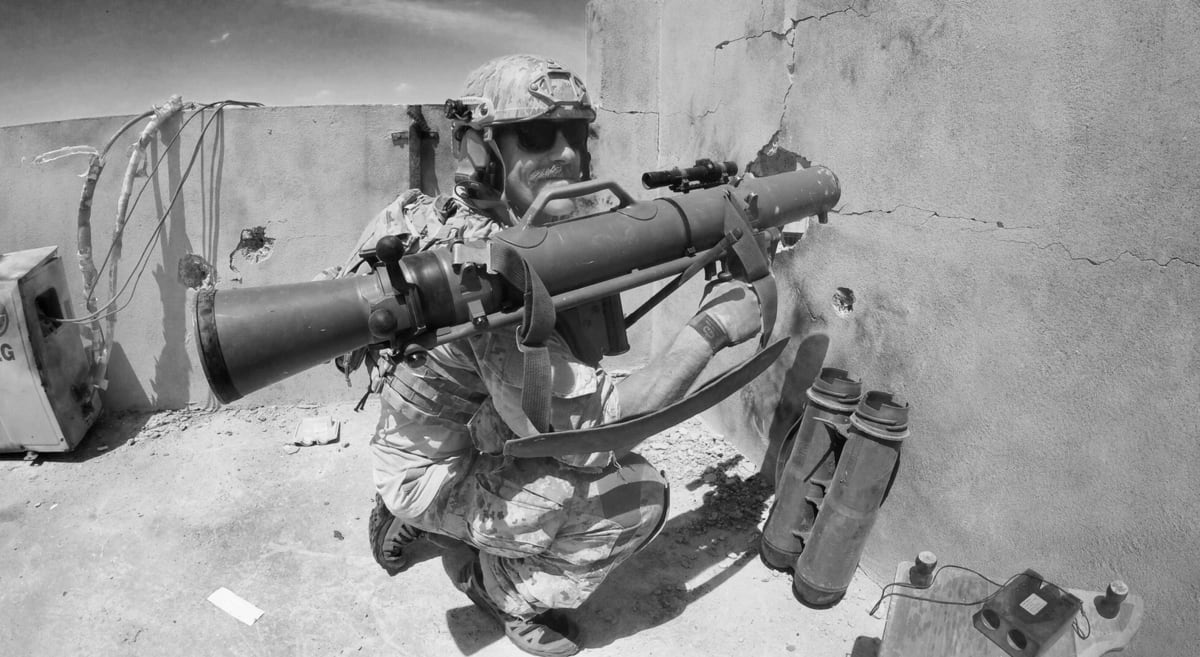
Reached by phone in California, Breisch’s attorney, Joseph Low, confirmed that his client received the target letter and said he was perplexed by its use in a military case.
“This is what happens when you charge first and ask questions later,” said Low, who castigated the probes into Portier and Gallagher as a series of amateurish “checker moves, not chess.”
Low said the target letter sent to Breisch was the latest example of the prosecutors’ gamesmanship, which he compared to “a drunk waving a gun in the bar.”
“When that round goes off, it’s going to inevitably hit somebody, and it hit my client.”
“This has taken an incredible toll on Lt. Cmdr. Breisch,” Low added. “These kinds of accusations harm someone personally but they also harm a family. They harm careers as well.”
Low portrayed Breisch as a cooperative witness who tried to help prosecutors and Naval Criminal Investigative Service agents with their probes but now frets the target letter will block his client from testifying in both cases.
The Fifth Amendment to the federal Constitution prohibits witnesses from being forced to incriminate themselves while giving testimony in criminal proceedings.
Breisch has not been provided immunity from prosecution in exchange for his testimony, unlike other witnesses tied to the probes.
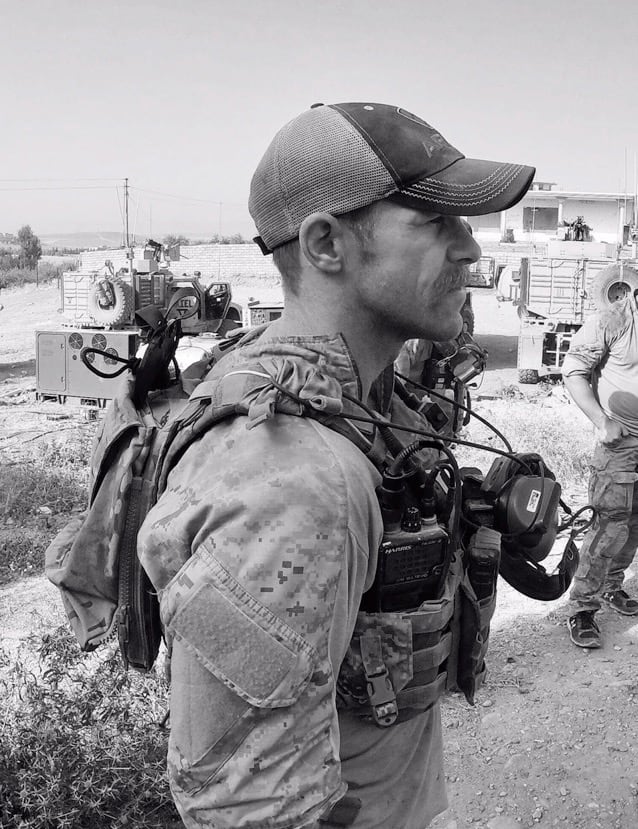
Reached in New York, Gallagher’s attorney, Timothy Parlatore, savaged the prosecution’s use of a target letter to “sideline a key witness.”
“It is ironic and grotesque that my client has been charged with obstructing justice but the latest antics are exactly what the government did to Lt. Cmdr. Breisch,” he said. "This is pure witness intimidation and obstruction of justice.
“If the government does it, does that make it right?”
In a motion filed April 23 in California, Parlatore accused both NCIS agents and military prosecutors of misconduct.
To Parlatore, prosecutors long ago lost sight of what a court-martial trial should be — the pursuit of what truly happened — and instead made it into a legal competition.
“If a trial is really about a search for the truth, they should want Lt. Cmdr. Breisch to testify. Instead, they’re trying to make him invoke the Fifth Amendment,” Parlatore said.
In an interview with Navy Times last month, Parlatore predicted that the feds would move on Breisch to sideline him as a witness.
Now he wants the commander of Navy Region Southwest ― Rear Adm. Rear Adm. Bette Bolivar — to extend immunity deals to Breisch and Portier so that they can testify honestly at Gallagher’s court-martial trial, which is slated to begin May 28.
So for, however, she’s been reluctant to expand immunity for other witnesses in the case, much less a defendant and his former boss who’s now the apparent target of an ongoing NCIS probe.
Prine came to Navy Times after stints at the San Diego Union-Tribune and Pittsburgh Tribune-Review. He served in the Marine Corps and the Pennsylvania Army National Guard. His awards include the Joseph Galloway Award for Distinguished Reporting on the military, a first prize from Investigative Reporters & Editors and the Combat Infantryman Badge.
